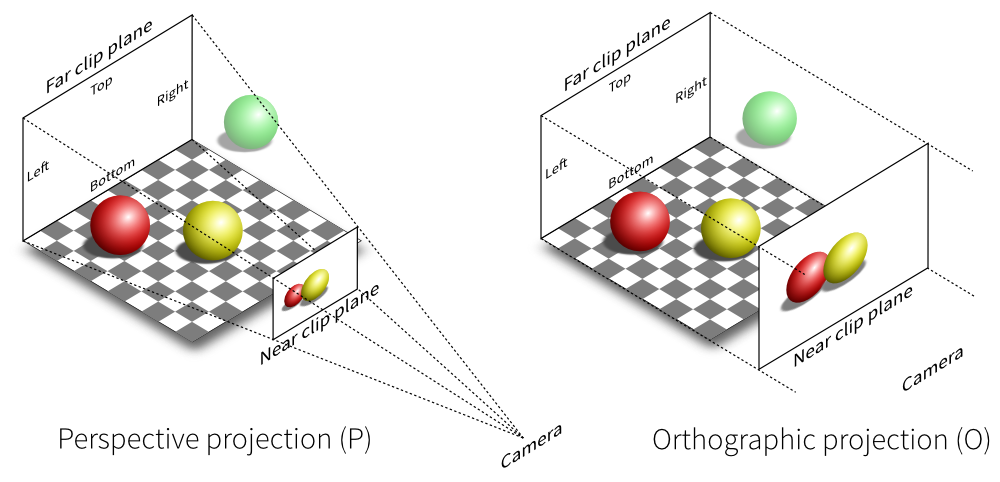1
2
3
4
5
6
7
8
9
10
11
12
13
14
15
16
17
18
19
20
21
22
23
24
25
26
27
28
29
30
31
32
33
34
35
36
37
38
39
40
41
42
43
44
45
46
47
48
49
50
51
52
53
54
55
56
57
58
59
60
61
62
63
64
65
66
67
68
69
70
71
72
73
74
75
76
77
78
79
80
81
82
83
84
85
86
87
88
89
90
91
92
93
94
95
96
97
98
99
100
| #include <bits/stdc++.h>
template<size_t size>
struct SuffixArray {
bool t[size << 1];
int sa[size], ht[size], rk[size];
inline bool islms(const int i, const bool *t) { return i > 0 && t[i] && !t[i - 1]; }
template<class T>
inline void sort(T s, int *sa, const int len, const int sigma, const int sz, bool *t, int *b, int *cb, int *p) {
memset(b, 0, sizeof(int) * sigma);
memset(sa, -1, sizeof(int) * len);
for (register int i = 0; i < len; i++) b[s[i]]++;
cb[0] = b[0];
for (register int i = 1; i < sigma; i++) cb[i] = cb[i - 1] + b[i];
for (register int i = sz - 1; i >= 0; i--) sa[--cb[s[p[i]]]] = p[i];
for (register int i = 1; i < sigma; i++) cb[i] = cb[i - 1] + b[i - 1];
for (register int i = 0; i < len; i++) if (sa[i] > 0 && !t[sa[i] - 1]) sa[cb[s[sa[i] - 1]]++] = sa[i] - 1;
cb[0] = b[0];
for (register int i = 1; i < sigma; i++) cb[i] = cb[i - 1] + b[i];
for (register int i = len - 1; i >= 0; i--) if (sa[i] > 0 && t[sa[i] - 1]) sa[--cb[s[sa[i] - 1]]] = sa[i] - 1;
}
template<class T>
inline void sais(T s, int *sa, const int len, bool *t, int *b, int *b1, const int sigma) {
register int i, j, x, p = -1, cnt = 0, sz = 0, *cb = b + sigma;
t[len - 1] = 1;
for (i = len - 2; i >= 0; i--) t[i] = s[i] < s[i + 1] || (s[i] == s[i + 1] && t[i + 1]);
for (i = 1; i < len; i++) if (t[i] && !t[i - 1]) b1[sz++] = i;
sort(s, sa, len, sigma, sz, t, b, cb, b1);
for (i = sz = 0; i < len; i++) if (islms(sa[i], t)) sa[sz++] = sa[i];
for (i = sz; i < len; i++) sa[i] = -1;
for (i = 0; i < sz; i++) {
x = sa[i];
for (j = 0; j < len; j++) {
if (p == -1 || s[x + j] != s[p + j] || t[x + j] != t[p + j]) { cnt++, p = x; break; }
else if (j > 0 && (islms(x + j, t) || islms(p + j, t))) break;
}
x = (~x & 1 ? x >> 1 : x - 1 >> 1), sa[sz + x] = cnt - 1;
}
for (i = j = len - 1; i >= sz; i--) if (sa[i] >= 0) sa[j--] = sa[i];
register int *s1 = sa + len - sz, *b2 = b1 + sz;
if (cnt < sz) sais(s1, sa, sz, t + len, b, b1 + sz, cnt);
else for (i = 0; i < sz; i++) sa[s1[i]] = i;
for (i = 0; i < sz; i++) b2[i] = b1[sa[i]];
sort(s, sa, len, sigma, sz, t, b, cb, b2);
}
template<class T>
inline void getHeight(T s, int n) {
for (register int i = 1; i <= n; i++) rk[sa[i]] = i;
register int j = 0, k = 0;
for (register int i = 0; i < n; ht[rk[i++]] = k)
for (k ? k-- : 0, j = sa[rk[i] - 1]; s[i + k] == s[j + k]; k++);
}
template<class T>
inline void init(T s, const int len, const int sigma) {
sais(s, sa, len, t, rk, ht, sigma), rk[0] = 0;
}
};
const int MAXN = 1000010;
char s[MAXN];
int len, n, k;
SuffixArray<MAXN> sf;
int f[MAXN], b[MAXN], g[MAXN];
bool q[MAXN];
inline void getFail(char *P, int *f) {
register int m = strlen(P);
f[0] = f[1] = 0;
for (register int i = 1; i < m; i++) {
int j = f[i];
while (j && P[i] != P[j]) j = f[j];
f[i + 1] = P[i] == P[j] ? j + 1 : 0;
}
}
inline int min(int a, int b, int c) {
if (a > b) a = b;
if (a > c) a = c;
return a;
}
inline void initSuffixArray() {
s[++n] = 0;
sf.init(s, n, 256), sf.getHeight(s, --n);
g[0] = n;
for (register int i = sf.rk[0] - 1; i && sf.ht[i + 1]; i--)
g[sf.sa[i]] = std::min(g[sf.sa[i + 1]], sf.ht[i + 1]);
for (register int i = sf.rk[0] + 1; i < n && sf.ht[i]; i++)
g[sf.sa[i]] = std::min(g[sf.sa[i - 1]], sf.ht[i]);
}
inline void solve() {
if (k == 1) for (register int i = 1; i <= n; i++) b[i] = 1;
for (register int i = 1; i <= n; i++)
if (f[i] > 0 && i % (i - f[i]) == 0 && (i / (i - f[i])) % k == 0)
q[i] = true, b[i] += 1, b[i + min(i / k, g[i], n - i) + 1] -= 1;
for (register int i = 1; i <= n; i++) b[i] += b[i - 1], printf(b[i] ? "1" : "0");
}
int main() {
std::ios::sync_with_stdio(0), std::cin.tie(0), std::cout.tie(0);
scanf("%d%d", &n, &k), scanf("%s", s);
getFail(s, f);
initSuffixArray();
solve();
return 0;
}
|



